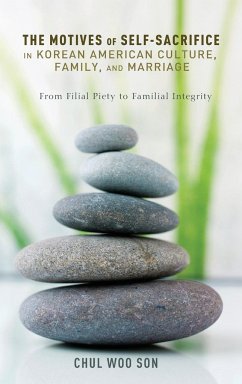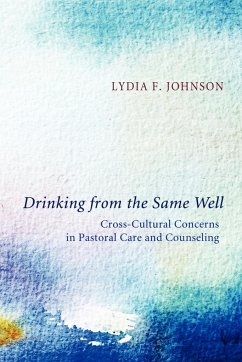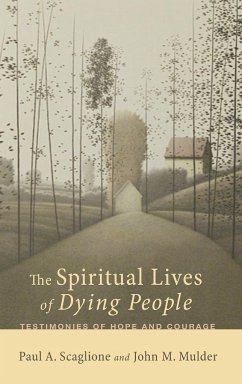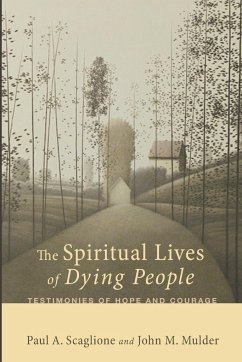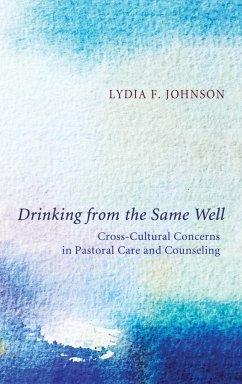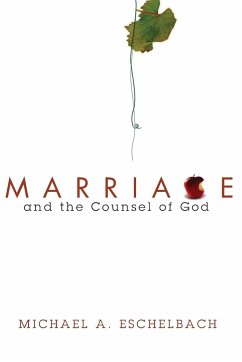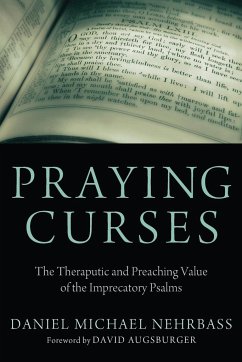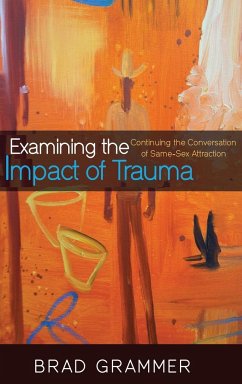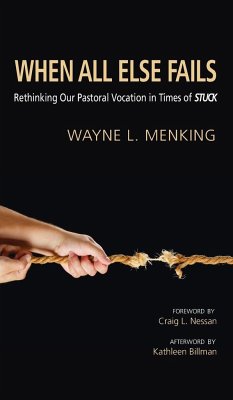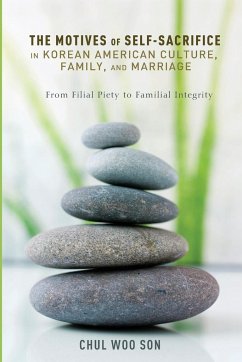
The Motives of Self-Sacrifice in Korean American Culture, Family, and Marriage
Versandkostenfrei!
Versandfertig in 1-2 Wochen
25,99 €
inkl. MwSt.
Weitere Ausgaben:

PAYBACK Punkte
13 °P sammeln!
The concept of self-sacrifice is highly important to Korean Americans. With hierarchy of age, social status, and gender-defined roles taking primacy over equality and justice, self-sacrifice becomes instrumental in maintaining family and social relationships. Unfortunately, in family relationships, sacrifice has more to do with submission and endurance than it does with sacrificial service that is redemptive and mutually beneficial. When self-sacrifice carries hidden motives--coercive responsibility, obligation, shame, guilt, or one's reputation--that ""self-sacrifice"" is not self-giving, nei...
The concept of self-sacrifice is highly important to Korean Americans. With hierarchy of age, social status, and gender-defined roles taking primacy over equality and justice, self-sacrifice becomes instrumental in maintaining family and social relationships. Unfortunately, in family relationships, sacrifice has more to do with submission and endurance than it does with sacrificial service that is redemptive and mutually beneficial. When self-sacrifice carries hidden motives--coercive responsibility, obligation, shame, guilt, or one's reputation--that ""self-sacrifice"" is not self-giving, neither serving nor being of mutual benefit. In this context, it is important to explore the attitudes and motives of self-sacrifice in Korean American families. In unlocking and exploring the dynamics of the theology and practice of self-sacrifice for Korean Americans, this book explores cultural virtues, marital relationships, gender inequality, domestic violence, and their theological implications. The author introduces a new approach and model with a proposal for a healthier and a more judicious understanding of self-sacrifice for Korean American family relationships. The element of ""equal regard"" as pertaining to self-sacrifice offers Korean Americans a refreshing hope in the perspective of familial relationships and a liberating casting-off of culturally and religiously imposed burdens. The Korean American family ought to be grounded on a love ethic of equal regard and place its value on mutuality, self-sacrifice, and individual fulfillment. When this is done, sacrificial love can be understood as justly appropriated for both husbands and wives, males and females, and parents and children. Thus, Christian teaching and theology may deliver a more transparent message of true agape and its liberating effects for the marginalized, especially women and children.





